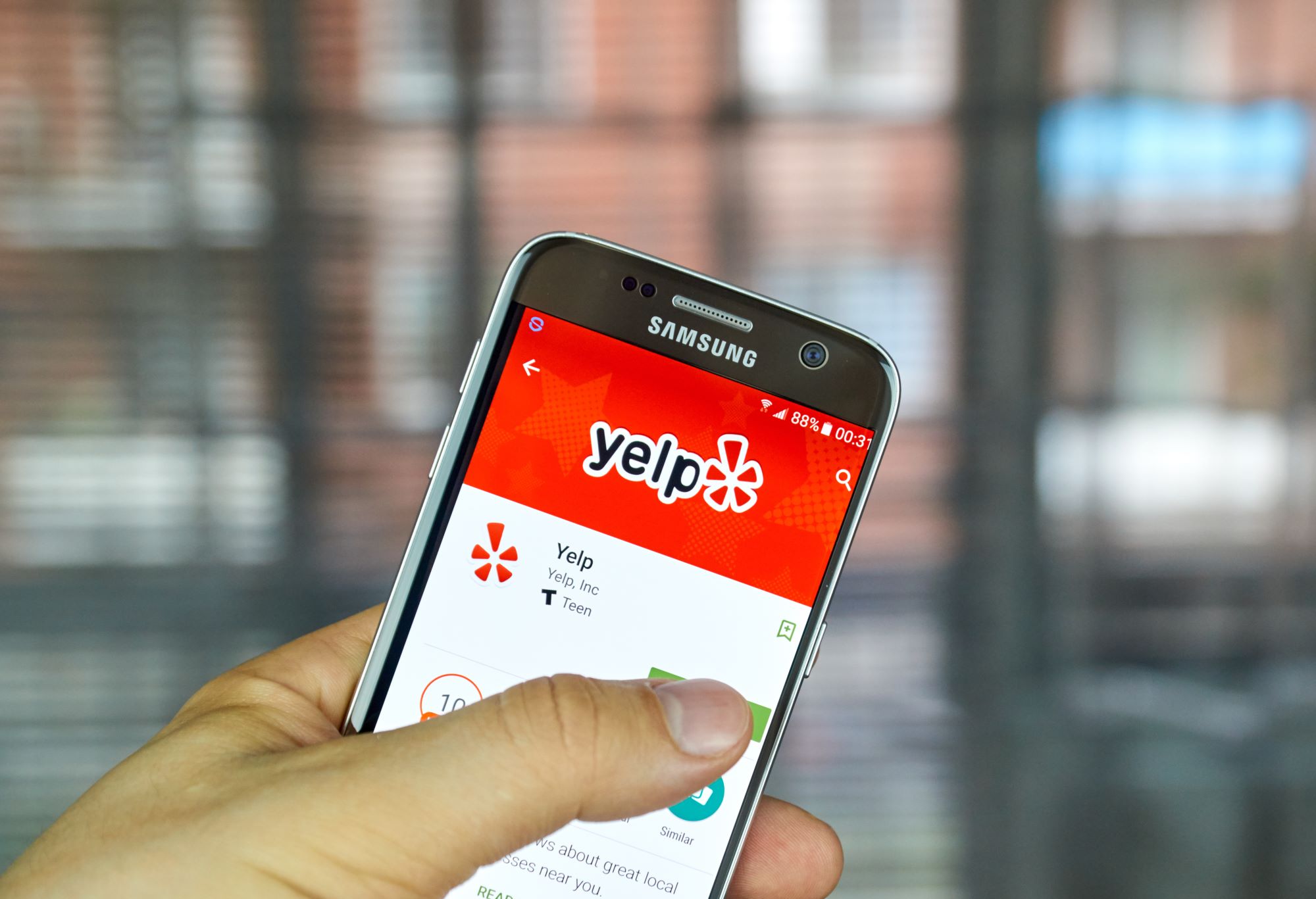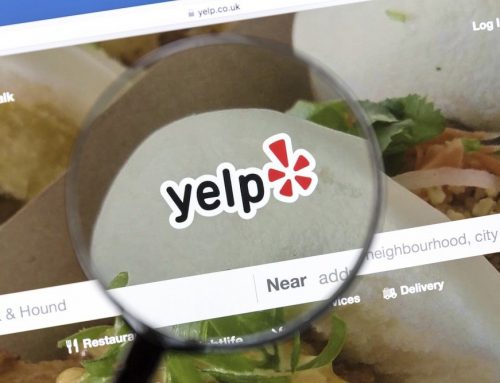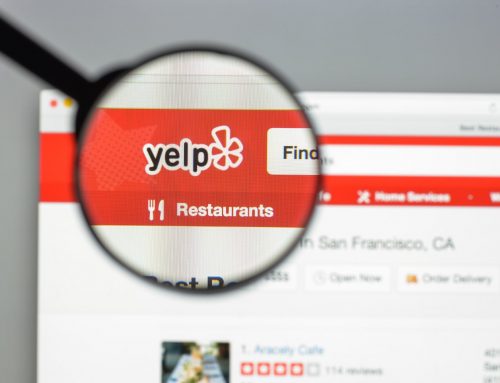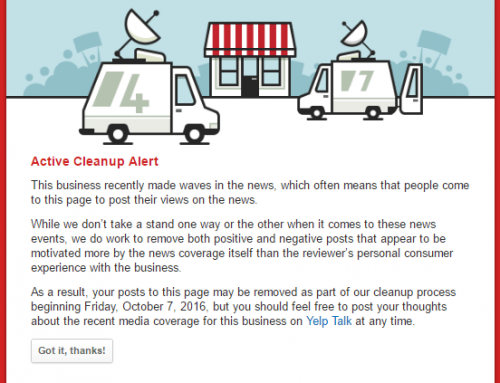Image credit: dennizn / Shutterstock.com
Sometimes I feel like I am beating a dead horse over this subject. Realtors that do not understand Yelp, end up hating Yelp because they think if they don’t buy ads, their reviews will be moved into the Non-Recommended area below the published reviews. The FTC investigated this and dropped the case. Sure there were a few overzealous sales reps that may have misrepresented this in trying to make a sale, but manipulation of reviews is misinformation.
Yelp has an algorithm, a gatekeeper of sorts, that was put in place to protect you from negative reviews from non-Yelpers and to prevent businesses from manipulating their reviews.
Clustering – Sometimes an agent will send out a blast to everyone they know asking them to leave them a Yelp review. This results in “clustering”. Clustering is when too many reviews come in unnaturally over a very short period of time, mostly from people who signed up with Yelp just to leave you a review. This is a red flag because Yelp wants their active Yelpers to organically feel motivated to leave a review based on an organic consumer experience. This does not mean you can’t ask people for Yelp reviews at the conclusion of a transaction, but you should only ask for Yelp reviews only from active Yelpers, and they know who they are.
Non-Recommended reviews – Nine times out of ten, when agents complain that they have reviews below the line, I know what I am going to find. Most of the reviews will be from non-active Yelpers. People that are not an active member of their community.
What is an active Yelper?
They have the app on their phone.
They regularly check in from businesses through the app.
They write a few, if not more, reviews a month
They post images
They have friends
This gatekeeper also protects you from negative reviews. Some people go sideways and in their anger, they sign up for Yelp to leave you a nasty review. As a non-Yelper, these will usually wind up below the line. It is important to note if you receive a negative review from somebody who never did business with you, there are ways to flag that review for reconsideration.
Consumer experience vs. an endorsement – Sometimes a review will be below the line because the review did not present an actual consumer experience. An example would be a loan officer writing a review about an agent they know, talking about what a great agent they are and they have sent clients to the agent and and those clients had a great experience. The LO was never the client. The LO did not write about his or her experience as the buyer or seller of a house. The algorithm reads the review, flags it so a human at Yelp can review it to see if this review represented a personal consumer experience vs an endorsement.
Lastly, if your client is not an active Yelper ask them for a Google review. If the largest search engine in the world has a review system, you should probably pay attention to that. By getting reviews on your Google business page, you can move up the ranks for a potential organic placement at the top of the Google business directory 3-pack.









Facebook Comments